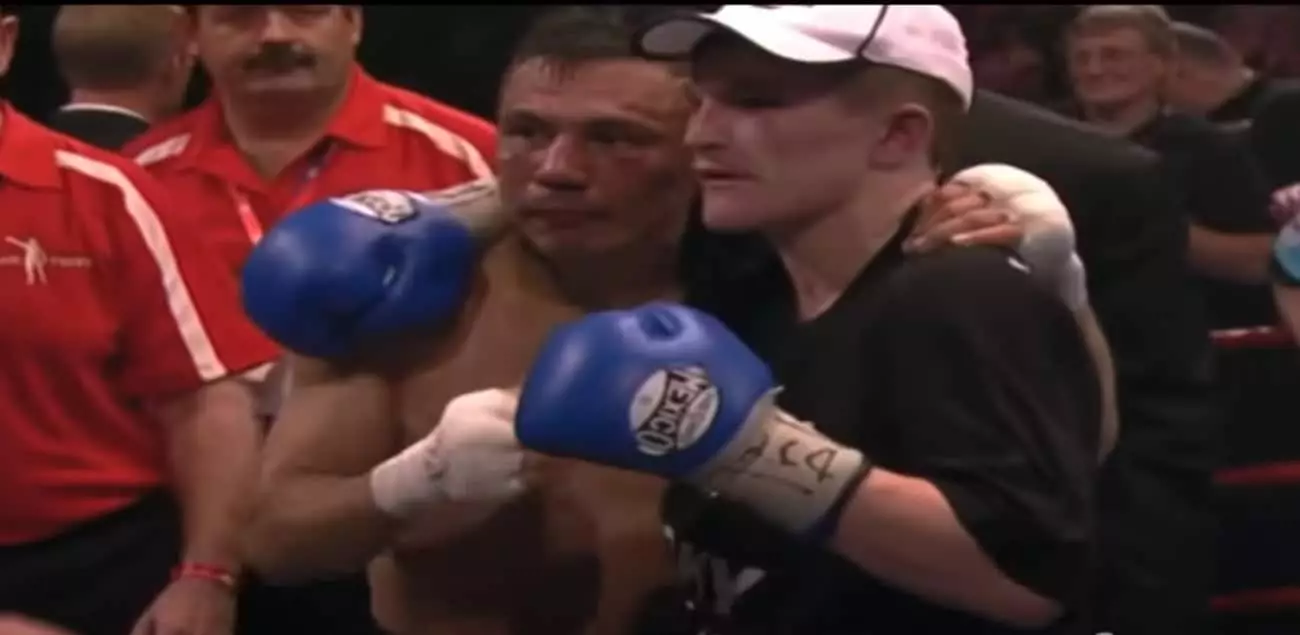The boxing community is abuzz with news that Manny Pacquiao, a legend of the sport, is making a comeback at the age of 46. For many, this announcement was met with a mix of awe and disbelief. Among them is former world champion Ricky Hatton, who has candidly expressed his surprise at the announcement. It raises fundamental questions about the state of boxing today and what it means for athletes who attempt to return to the ring after years away. Hatton’s reaction underscores a larger trend in professional sports: the blurred lines between past reputation and present capability.
Hatton’s incredulity is not unwarranted. After all, Pacquiao has been out of the ring since 2019, raising eyebrows when he was reinstated into the WBC welterweight rankings. For a fighter who has not engaged in competitive bouts for several years, being recognized as a contender once again poses an intriguing dilemma. Does Pacquiao still carry the same weight he once did, or is his inclusion in the rankings a testament to the nostalgic nature of the sport? This discussion is symptomatic of a changing boxing landscape where historical accolades sometimes hold more clout than recent performances.
Ranking Reconsidered: A Discussion on Merit
Ricky Hatton questioned the legitimacy of Pacquiao’s reinstatement with an air of frustration. “How is that allowed or possible?” he wondered aloud, pushing the conversation into murky waters where rules and meritocracy exist in constant negotiation. While many fans of Pacquiao might perceive his history as a valid reason for a top ranking, it shines a spotlight on the questionable practices within the boxing governance systems. Such decisions risk diminishing the integrity of championship titles, creating an environment where past accolades overshadow current skill levels.
Boxing today seems more willing to entertain fantastical matchups and unexpected returns. The mention of Mike Tyson taking on social media star Jake Paul amplifies this narrative. Hatton’s comments reveal an insidious truth: that boxing may sometimes resemble more of an entertainment spectacle than a competition grounded in athleticism and integrity.
Revisiting the Greatest: Pacquiao vs. Mayweather
The inevitable comparison between Pacquiao and Floyd Mayweather arose during Hatton’s reflections. Interestingly, even after suffering a brutal knockout from Pacquiao—a moment Hatton categorizes as one of the most devastating in boxing history—he still holds Mayweather in higher regard. Hatton’s analysis is refreshing for its honesty; he recognizes that his own decline played a role in the outcomes of those high-stakes fights. The nuance in his take illustrates that boxing is not solely about statistics and records; it’s also about timing, personal circumstances, and fighter evolution.
Mayweather epitomizes a different fighting ethos characterized by defensive mastery and strategic finesse. Hatton’s acknowledgment that he “was a little bit past my sell-by date” when he fought Pacquiao reveals a candid self-assessment that many athletes struggle to make. In many respects, it’s a poignant reminder of how important timing and conditioning are in the ring—an experience that shapes judgments about greatness.
Boxing’s Fluid Landscape
The boxing landscape has become increasingly fluid, and Hatton’s sentiments reflect a broader unease among engaged fans and pundits alike. Will fans rally behind a legend like Pacquiao, or will concerns about his age and time away from the sport cast a shadow on the excitement for his return? Pacquiao’s attempted comeback sparks a debate about the responsibility athletes have to their legacies and the interests of fans who hope to witness thrilling competition.
As boxing navigates its unique challenges—balancing hype with authenticity, nostalgia with current capability—the opinions of former fighters like Hatton serve as essential touchstones. His hope for a successful return for Pacquiao on July 19 resonates with many; after all, the allure of the underdog and the pulling of heartstrings are as old as the sport itself. However, it also prompts a more significant discussion: at what point does age become a tether that ties an athlete to their illustrious past rather than their potential future? In the end, the true value of this comeback may not lie solely in wins or losses, but rather in the stories that unfold within the ropes.


Leave a Reply